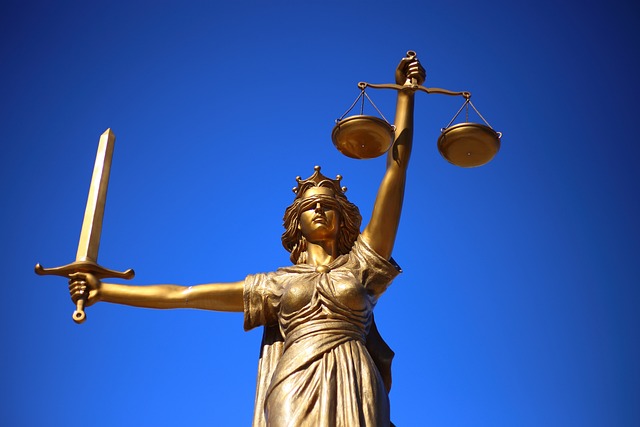
The police are given a great deal of authority by the Code of Criminal Procedure. Police can conduct investigations, make arrests, conduct searches, and more.
The Code offers both deterrent and punitive actions for infractions. It does, however, group the preventive actions into two headings.
- Chapters VIII and X of the Code pertaining to magistrate activities, whereas
- Chapter XI deals with police acts.
While the latter is exclusively executive, the former also possesses quasi-judicial and quasi-executive functions.
Preventive Detention Meaning
- Detaining someone in order to keep them silent about potential crimes is known as preventive detention.
- Stated differently, preventative detention refers to a measure implemented by the government due to a belief that the individual in question may do wrongdoing that could harm the state.
section 151 crpc: About
The Code of Criminal Procedure under Section 151, addresses arrests made in order to stop crimes that are punishable by law.
- One defense against crimes that are punishable by law is Section 151. According to Section 151(1), police have the authority to make an arrest without a warrant or a magistrate’s authorization if they learn that someone is going to commit any of these crimes. Here, it is necessary to be aware of or apprehend such offenses.
- Furthermore, the police are not allowed to retain the arrestee for longer than 24 hours, according to Section 151(2). If the magistrate grants authorization through any laws or provisions, this time frame may be extended. The police are not authorized to release these arrestees on bond.
Section 151 CrPC: Conditions of Arrest
The terms of arrest under this provision are as follows:
- To commit crimes that are punishable by law, there needs to be a plan, and the police need to be aware of it.
- The suspects must be part of the scheme, and
- The police must think that by making the arrests, they are the only ones who can stop these offenses.
151 Crpc punishment
- The section in the CrPC that addresses police preventive action is Section 151. The police officer may use the aforementioned rule even in the absence of criminal activity.
- If someone is accused of committing a crime that carries a maximum sentence of seven years’ imprisonment, they can typically be taken into custody by the police by following the process outlined in Section 41A of the Criminal Procedure Code; if the crime carries a longer maximum sentence, there is no need for this procedure.
Section 151 CrPC Judgments: Major Rulings
- In the case of Smt. Nilabati Behera v State of Orissa and Ors., the son of Nilabati Behera was taken into custody by the police on charges of stealing. His mother later discovered his lifeless body on railroad tracks after they had him in custody. Given that it was a death in custody, he had several injuries. According to the authorities, Suman broke out of custody at night. They added that Suman’s death was caused by a rail mishap.
The Court was unable to identify any information indicating that Suman was being sought after by the police. Nonetheless, the Supreme Court declared that the police were responsible for Suman’s death and awarded Nilabati compensation.
- In the case of Aldanish Rein v State of NCT of Delhi & Anr., a few rules were established by the Delhi High Court to stop the abuse of crpc Section 151. Here are some rules that the Court established:
- Special Executive Magistrates and ACPs from various districts would receive training from the Delhi State Legal Services Authority. Their ability to use the Section’s powers would be aided by the training.
- Before setting the accused free on bond, the SHO will confirm the surety bonds.
- The arrestees must be questioned by the Special Executive Magistrates on whether they were told of the reason for their arrest by the police.
misuse of section 151 Crpc
The following are some ways that the police could abuse this section:
- They detain people in order to obtain financial advantages and other priceless belongings from the relatives of those detained. Arrestees fabricate reports to the court if they refuse to comply with police demands.
- At the request of their opponents, the police fabricate allegations against the people they have arrested.
- For political purposes, the police knowingly file false accusations against the individuals.
- In order to extract information relevant to other investigations, they purposefully fabricate fictitious case reports against the individuals. Furthermore, the Police have the option to provide the reports to the Court.
Prevention of Arrests is covered under Section 151. Before making an arrest, the police should make an effort to stop any offenses that are considered crimes that are punishable by law. The police would arrest the suspects in accordance with Section 41 of the Code, not Section 151, if they were successful in committing the offenses. It is unlawful for the police to make an arrest under this section if they have no knowledge of plans to commit the offenses. Therefore, only when they have the necessary information can the police make an arrest. However, an individual’s reputation and self-esteem are damaged by unlawful arrests and detentions. As a result, police shouldn’t make an arrest unless absolutely required.









